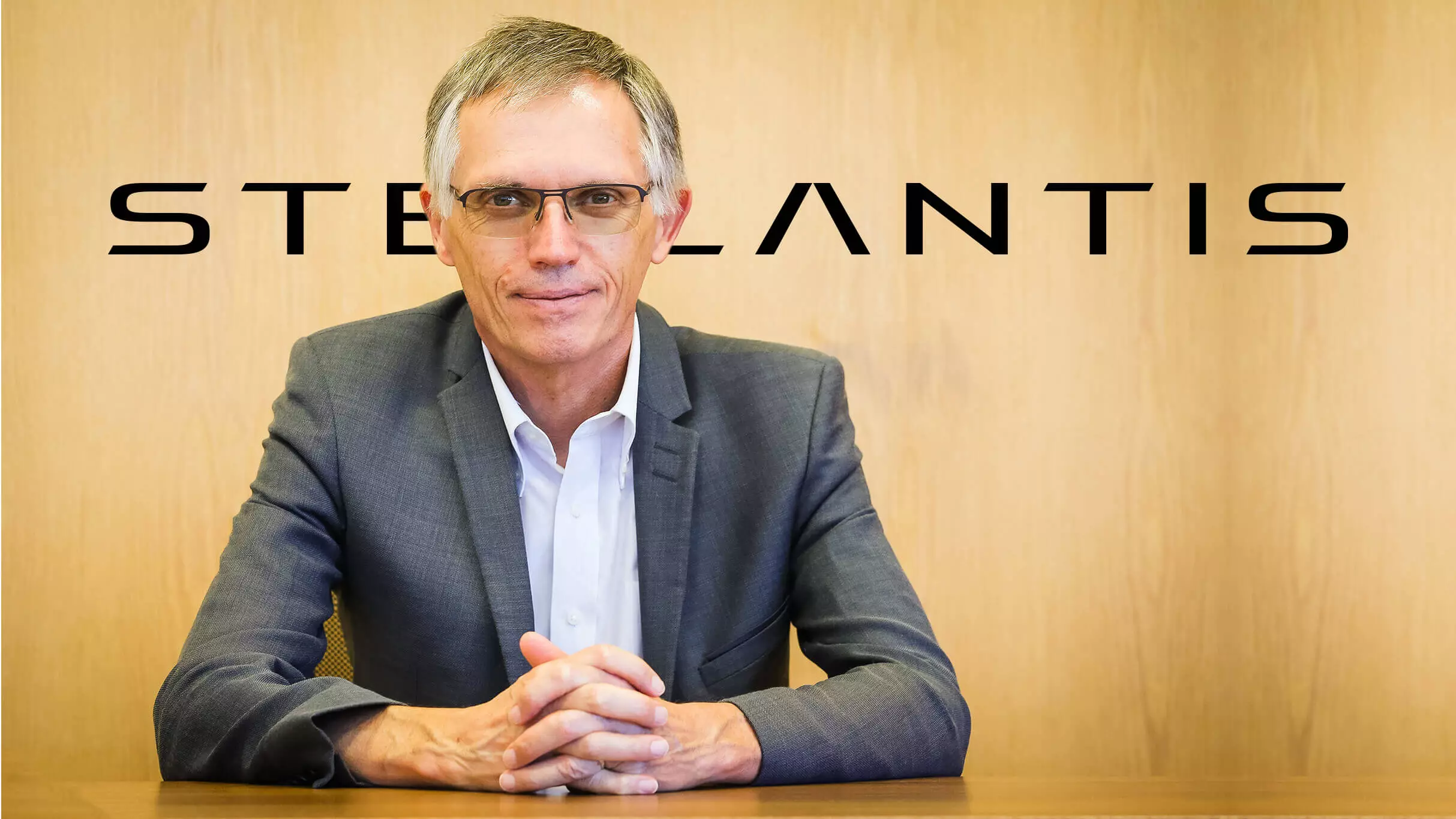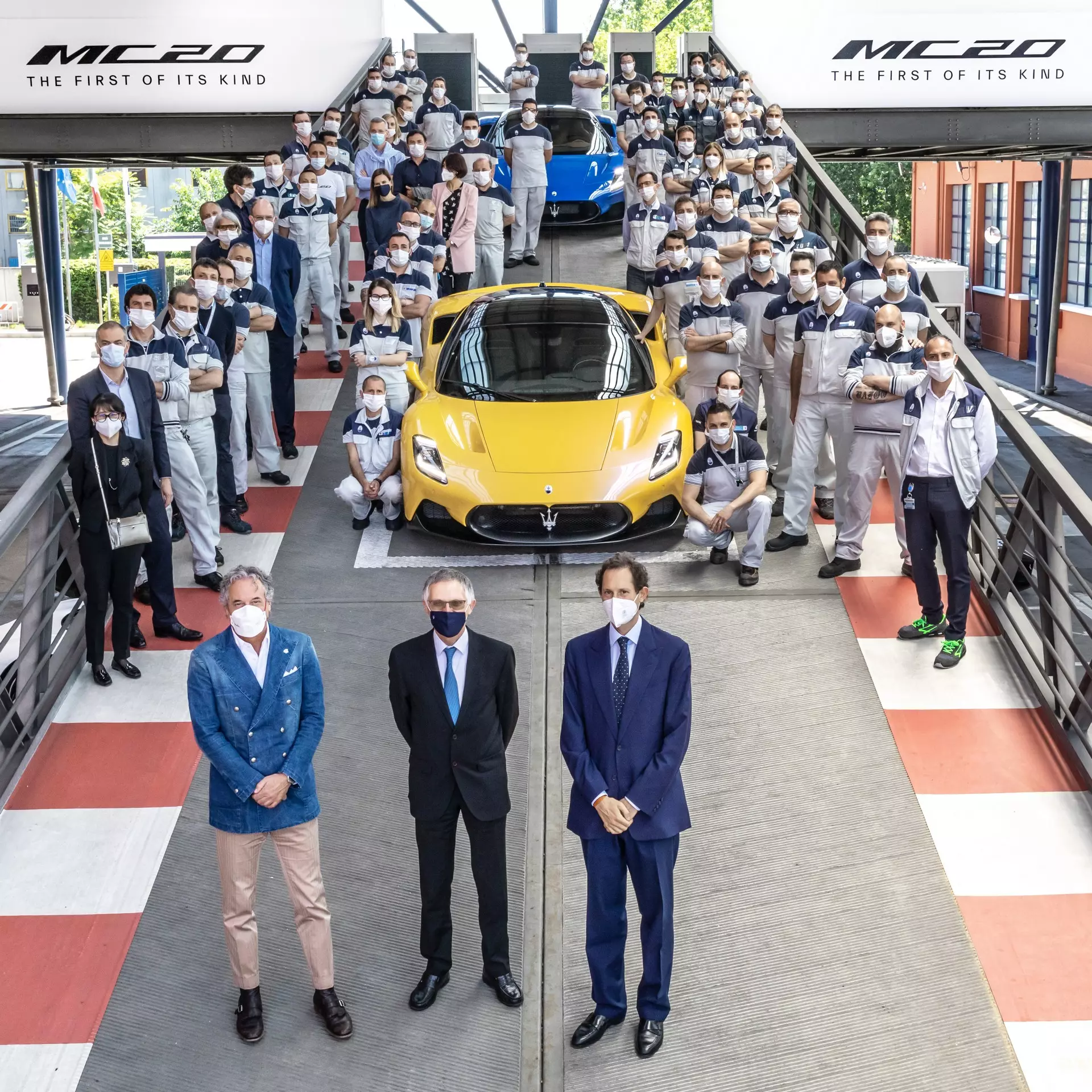Carlos Tavares, the Portuguese who is at the helm of Stellantis, believes that the shortage of semiconductors that has been affecting manufacturers and restricting car production in recent months will drag on until 2022.
The shortage of semiconductors led to a drop in production at Stellantis of approximately 190,000 units in the first half, which still did not prevent the company resulting from the merger between Groupe PSA and FCA from showing positive results.
In an intervention at an event of the Automotive Press Association, in Detroit (USA), and quoted by Automotive News, the executive director of Stellantis was not optimistic about the near future.

Carlos Tavares, Executive Director of StellantisThe semiconductor crisis, from everything I see and not being sure I can see it all, will easily drag into 2022 because I don't see enough signs that additional production from Asian suppliers will reach the West in the near future.
This statement by the Portuguese official comes shortly after a similar intervention by Daimler, which revealed that the shortage of chips will affect car sales in the second half of 2021 and will extend to 2022.
Some manufacturers have managed to get around the chip shortage by stripping their cars of functionality, while others — like Ford, with F-150 pick-ups — have built vehicles without the necessary chips and now keep them parked until assembly can be completed. .
Carlos Tavares also revealed that Stellantis is making decisions about how to change the diversity of chips it intends to use and added that "it takes about 18 months to redesign a vehicle to use a different chip" due to the sophistication of the technology involved.

Priority to models with top margins
While this situation exists, Tavares confirmed that Stellantis will continue to give priority to models with higher profit margins to receive the existing chips.
In the same speech, Tavares also addressed the group's future and stated that Stellantis has the capacity to increase investment in electrification beyond the 30 billion euros it plans to spend by 2025.
In addition to this, Carlos Tavares also confirmed that Stellantis may increase the number of battery factories beyond the five gigafactories that are already planned: three in Europe and two in North America (at least one will be in the US).
